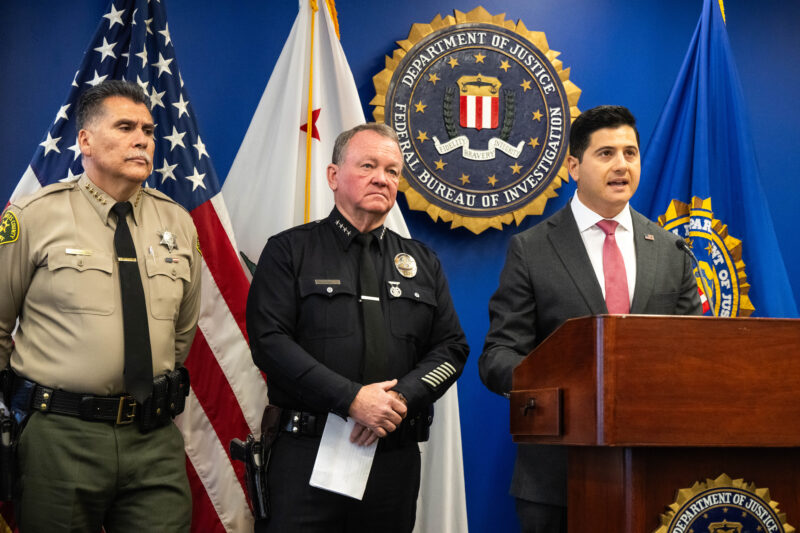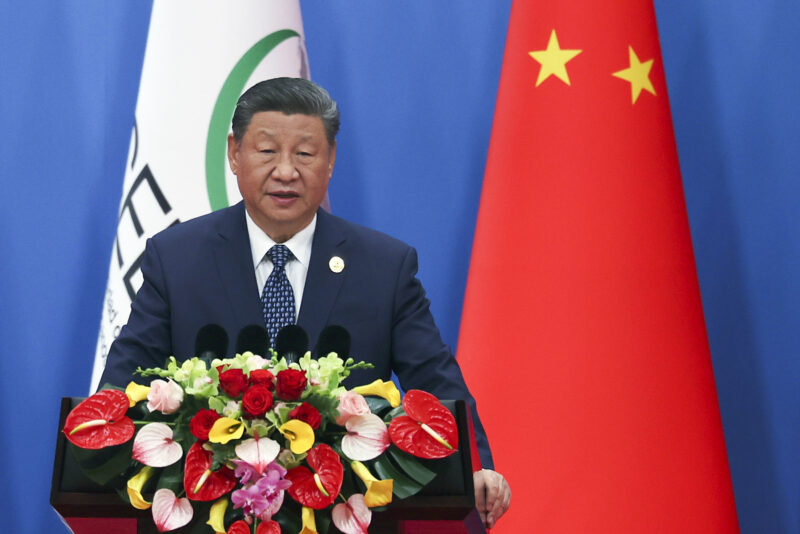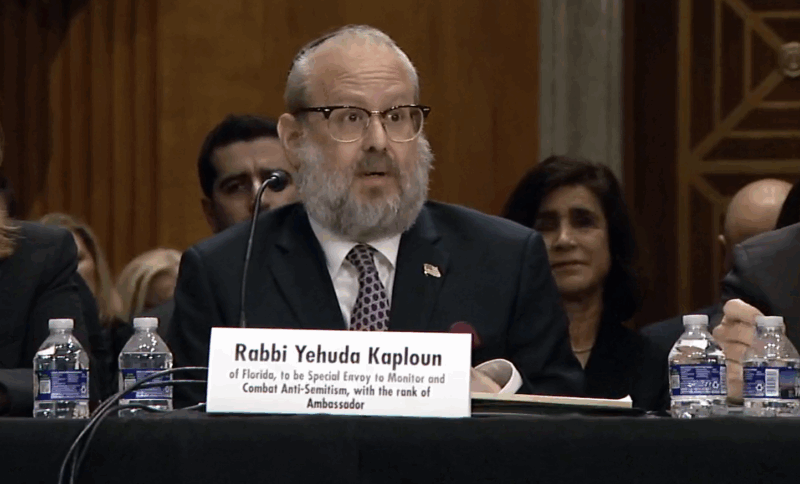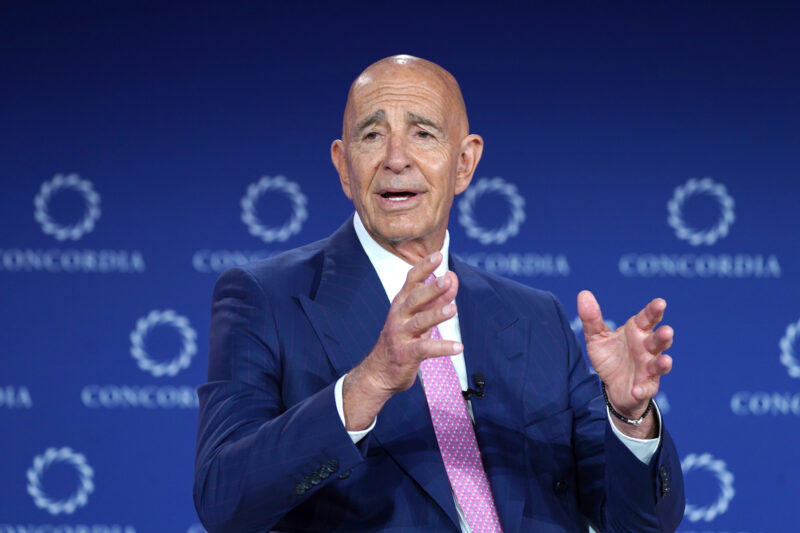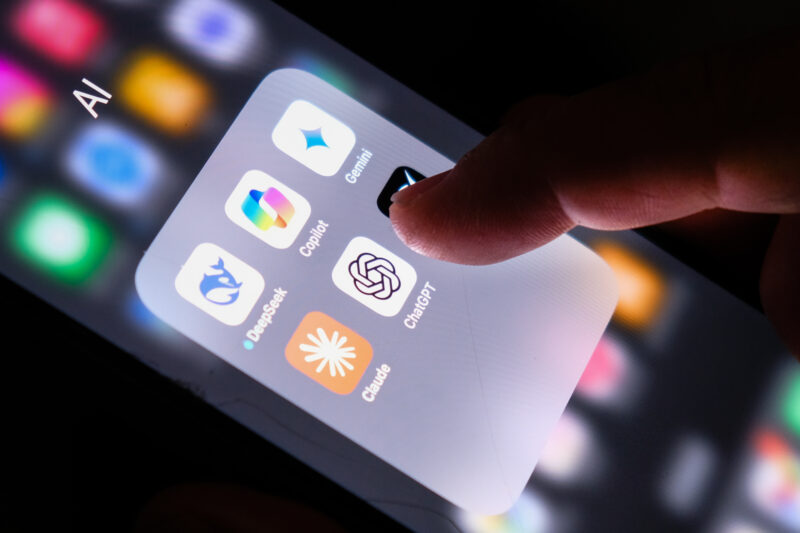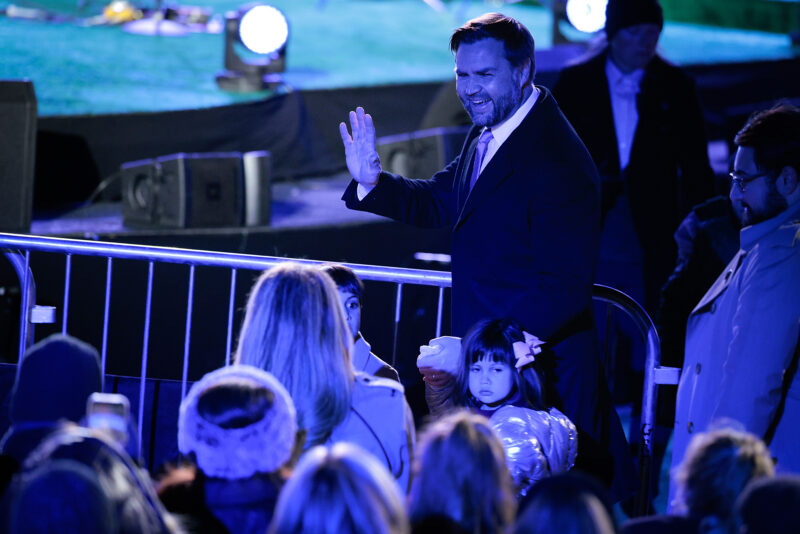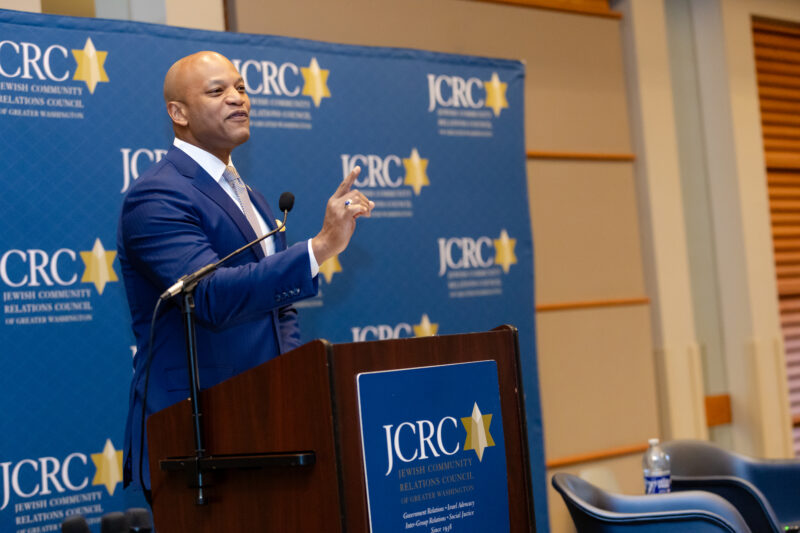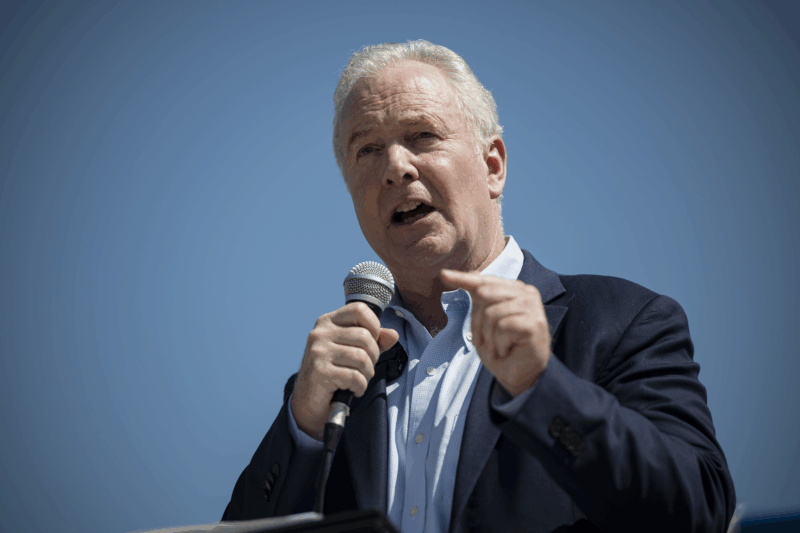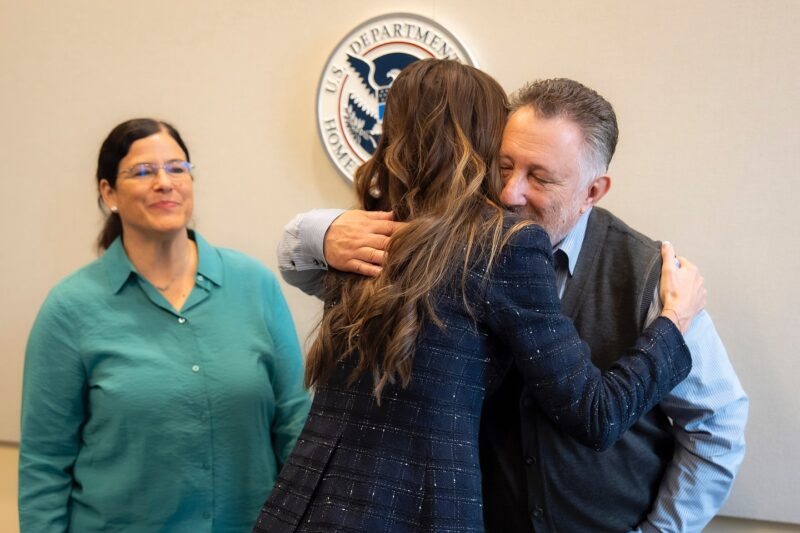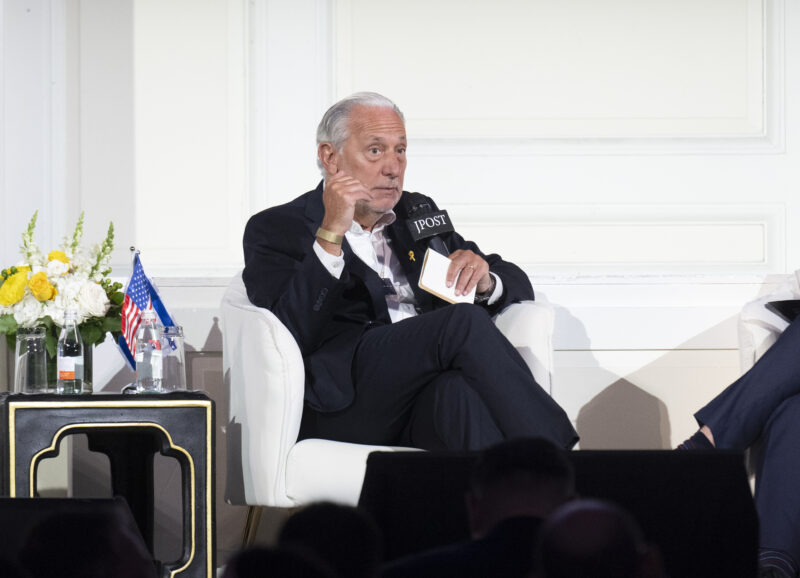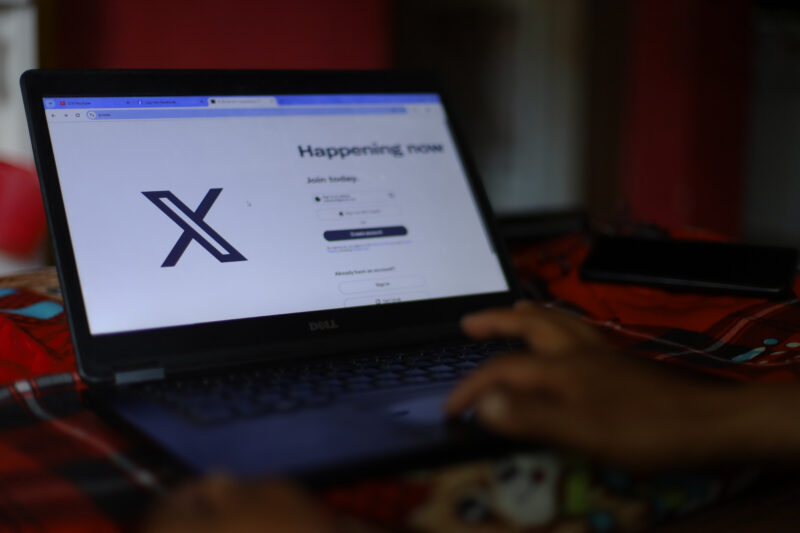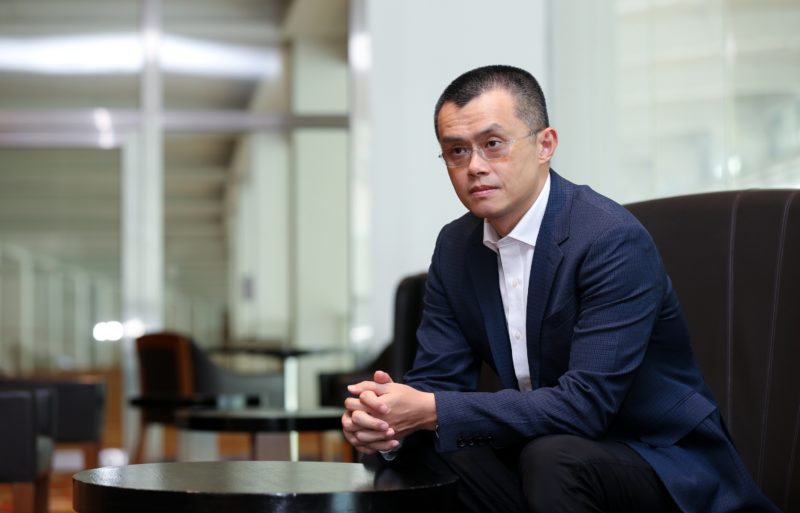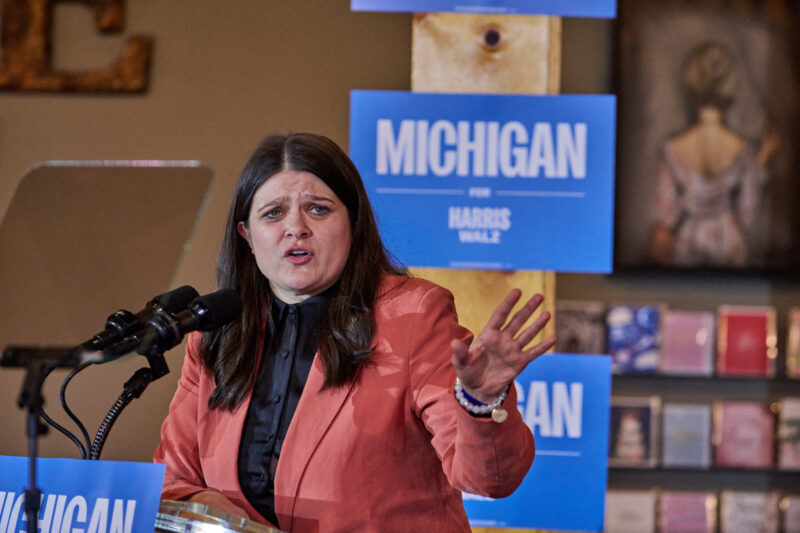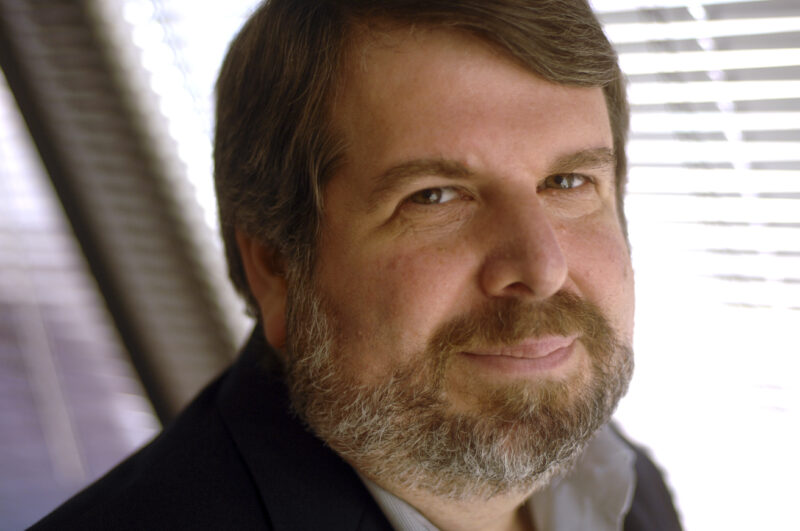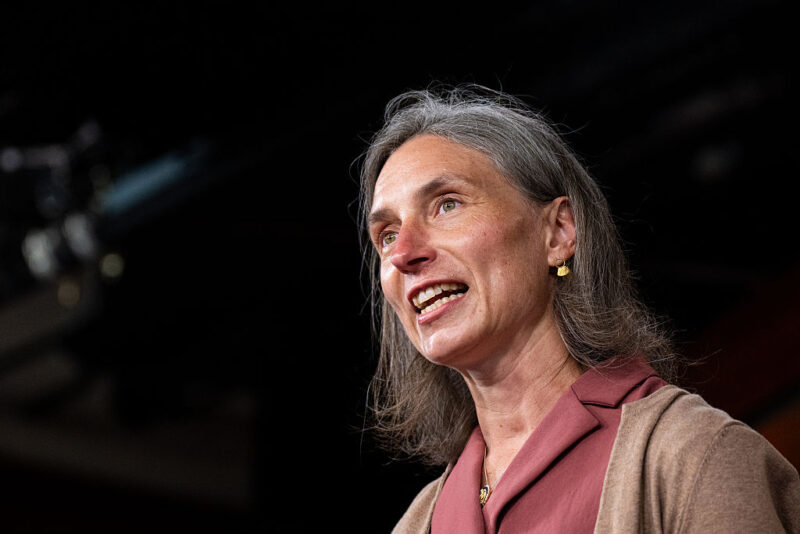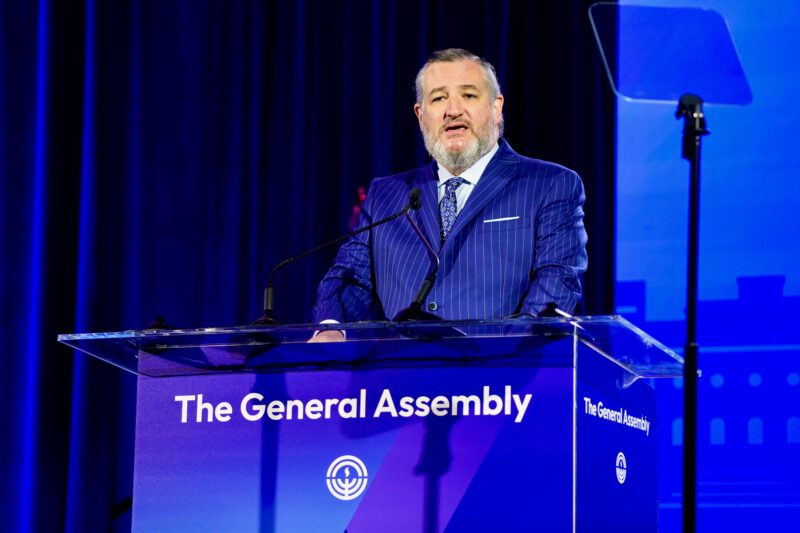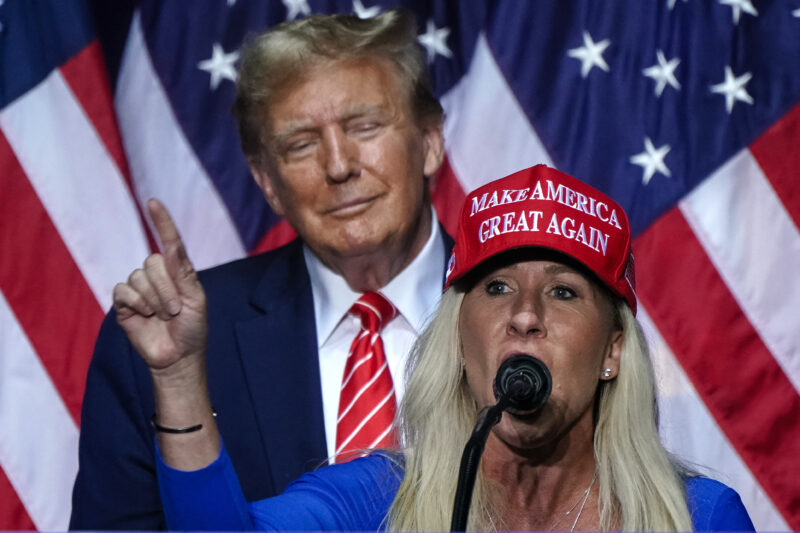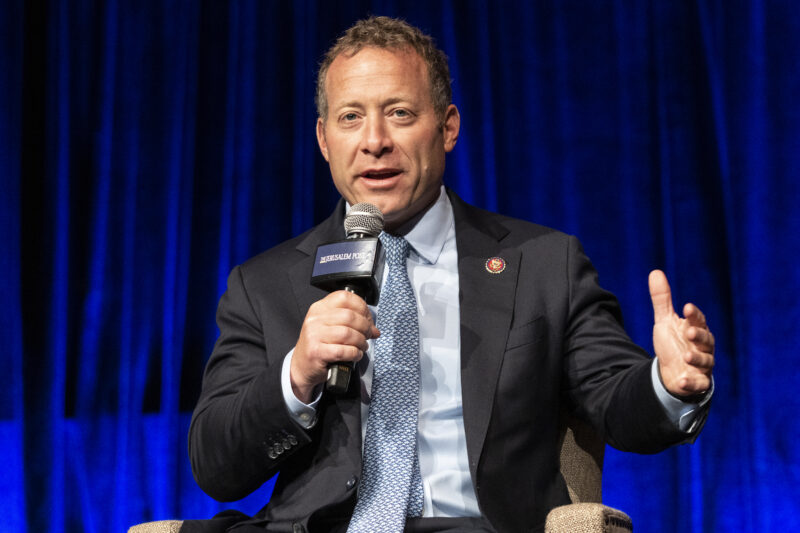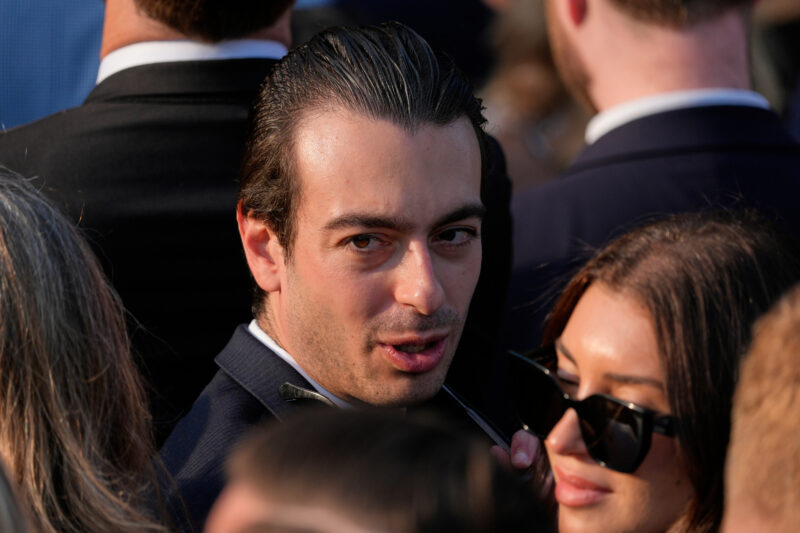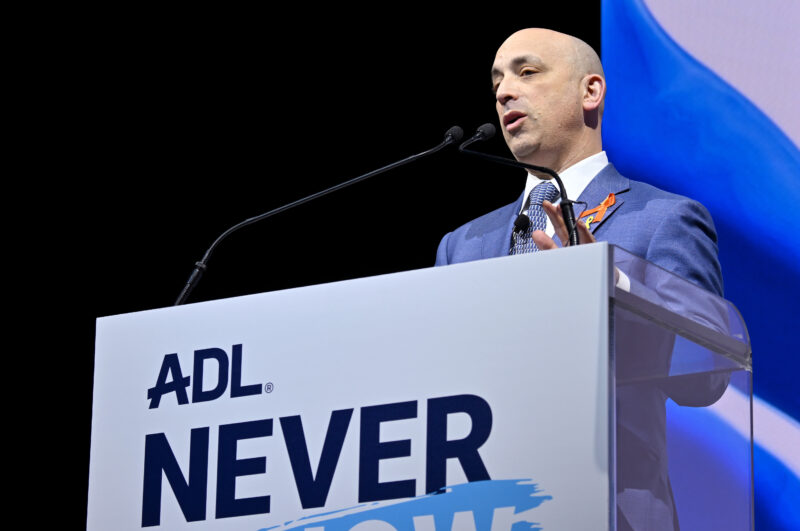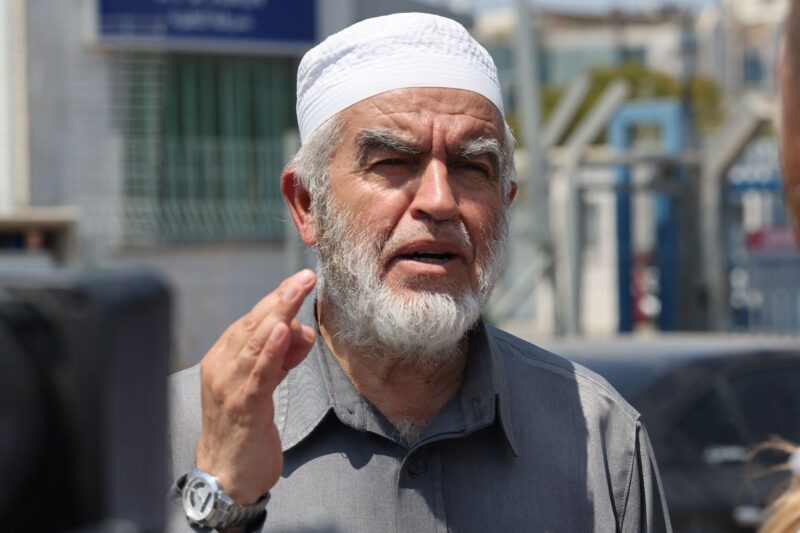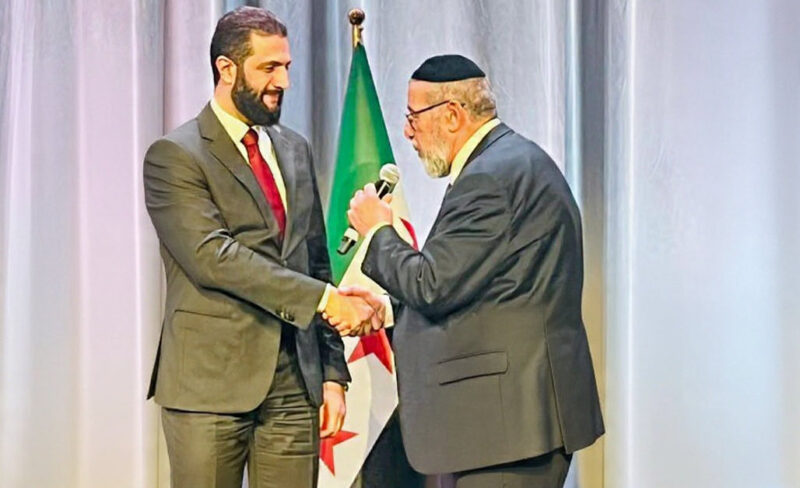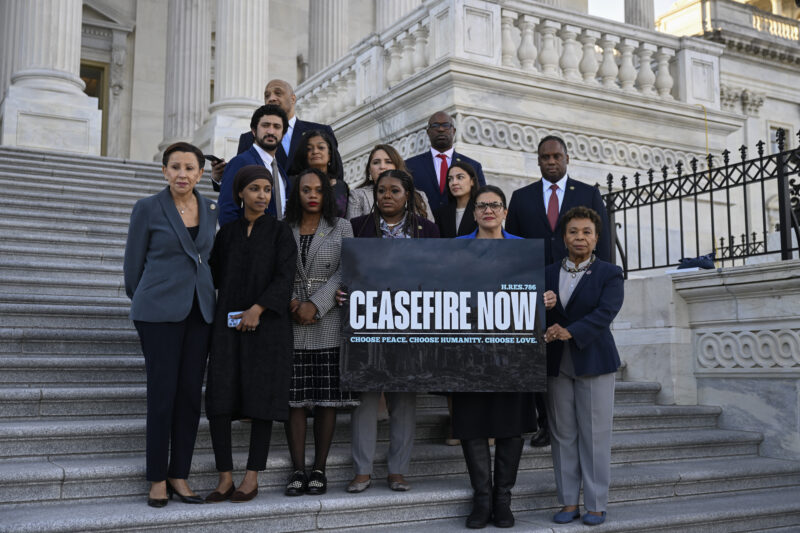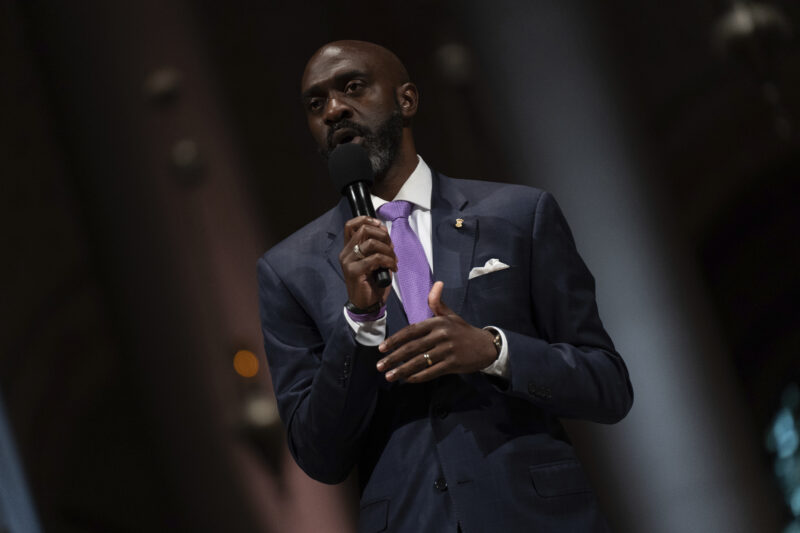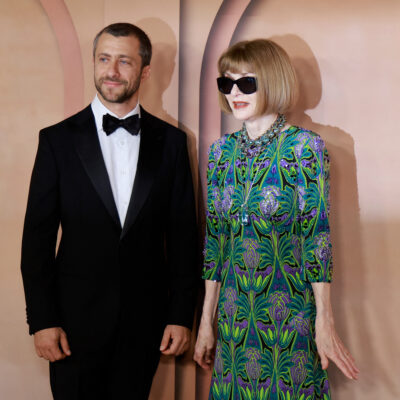Meredith Fineman’s new book explores the ins and outs of self-promotion
The brand strategist’s book, ‘Brag Better,’ provides guidance for professionals looking to talk about talk about themselves

Meredith Fineman
Meredith Fineman knows the word “brag” is off-putting. But she doesn’t think it should be.
“I just find bragging and stating true facts in a strategic positive manner about your work [can] propel your career forward,” Fineman, the founder and CEO of her consulting firm FinePoint, told JI on Monday. “And that’s what it is — bragging is stating facts.”
Fineman, whose debut book, Brag Better: Master the Art of Fearless Self-Promotion, comes out today, has been working as a freelance writer for 15 years, focusing on business, entrepreneurship and women’s issues — and occasionally where they intersect. The book was born out of her experiences as a writer and branding expert through FinePoint.
“I help people figure out what they want their voice to be online and offline,” she explained to JI. “I’ve been doing that for myself for a long time and people wanted personal branding work, [they] wanted to be able to be proud of what they’ve done. But I realized that nobody knew how to talk about themselves.”
The issue, she noticed, was particularly acute in women, “though Brag Better is not only for women,” she was quick to note. “It’s for demographics that I call the ‘qualified quiet,’ which are people that have done the work but don’t know how to talk about it, which to some degree is all of us.”
For Fineman, doing the work of self-promotion is a job in itself. “The problem is people also write this off as ‘not work,’” she said. “They write it off, like touting your work and showcasing your work as flaws, which is actually hard work. It’s different work from doing your day-to-day work. But people don’t know what you’ve done until you tell them.”
In Brag Better, Fineman explores the ins and outs — and ups and downs — that come with putting oneself out there: namely, how to self-promote while being both tactful and effective.
Fineman acknowledged that some of the lessons from the book — including a chapter on handshakes — weren’t necessarily applicable while much of the country is still under restrictions and following guidelines due to the coronavirus pandemic.
“It was very clear that people are going to have a lot of questions about how to do this from behind the screen. And I’m always talking about [how] a lot of stuff can be [done in the] office,” she said. “So what sucks is you’re not able to drop by your boss’s office and showcase something because we’re not with people. And everyone’s sort of in this emergency situation where they’re even more in their own heads than ever before, because it’s a really scary, uneasy, difficult time. So you lose a lot of great tools.”
The time spent social distancing, she said, gave her the ability to write a bonus chapter that focuses on how to accomplish the central themes of the book from home.
One upside to the lockdown, Fineman said, has been the opportunity to connect with broader audiences. Throughout the year, she hosts events featuring different writers and interesting figures in Washington, D.C., where she lives. Those events, she realized, could be broadcast online for people who aren’t able to physically join. “There’s a democratization of access. All these amazing things that are happening online are hard — it’s hard to have your wedding online, but then you realize you should always have that option now for people who can’t attend. It’s just added a whole new category of ‘showing up’ in different ways.”
Fineman, the daughter of veteran journalist Howard Fineman and writer Amy Nathan, credits her parents with helping her to find her voice.
“They influenced this journey,” she said, giving special credit to Nathan, who Fineman described as “a mom who was always vocal,” a trait she noted is not a given.
“I think a lot of women don’t brag,” Fineman told JI, “because of certain gender roles that are performed for them or thoughts around women and voice, which is absolutely an ancient concept — to tell women to shut up. Like a truly ancient concept.”
Fineman is confident that the book will resonate with readers. “It’s deeply tactical, and highly prescriptive in things that I’ve done over the past decade with clients and audiences,” she told JI, “And so it shows you where to start, you can start anywhere, and I hope that people can feel OK about it.”
“I want people to be proud of their accomplishments.”




